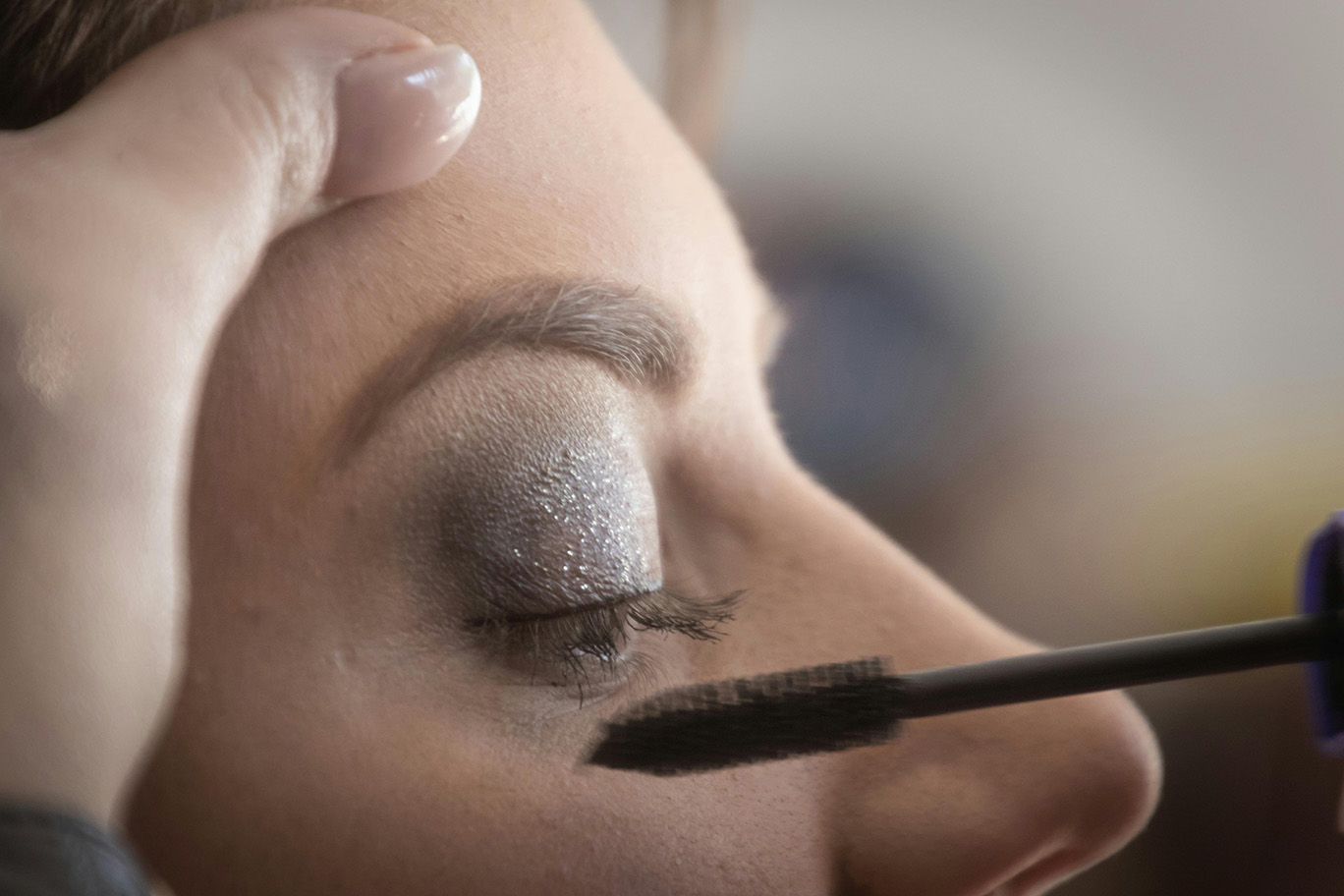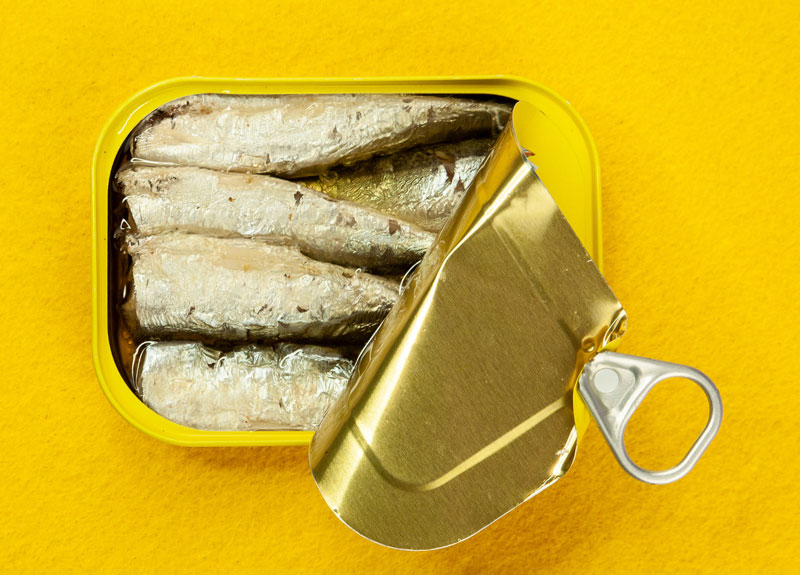Blog

Allergy Awareness week - April 29th to May 3rd 2019
Posted: Thursday 25th April 2019
Itchy eyes, runny nose, sneezing?
Yes – it’s hay fever season again – of course some people suffer all year round with allergies to dust mites or pets but there is a peak in allergic symptoms once pollens start to be released in the spring.
At Rawlings, we know how annoying itchy, red and swollen eyes can be, but we also know how to alleviate these symptoms and the importance of doing so. Eye rubbing can cause long term problems with the surface of the eye and can even occur whilst asleep. Your Optometrist can examine your eyes and give you tailored advice and treatment for your particular ocular allergy symptoms, while more general advice is also available from the pharmacist or your GP.
Studies have shown that the use of cold compresses (to reduce itching, heat, redness and swelling) and preservative-free lubricating drops (which will dilute the allergen and help flush it away) are effective in combatting the symptoms of ocular allergy. In addition gentle cleaning of the eye area will remove the allergens from the lids and skin and will also soothe the eyes.
For those suffering sneezing, a runny nose or nasal congestion the pharmacist may recommend anti-histamine tablets which can also help with eye symptoms. For more severe allergic symptoms anti-allergy drops containing drugs to reduce histamine release can help but these are slow acting and have to be used 4 times a day to be effective. Newer drops available are dual acting and work faster, and only have to be used twice a day which is ideal for children at school. However these are not available over the counter but you can request a prescription from your Optometrist or GP. For occasional use, simple over the counter anti-histamine can help allergy symptoms but these can only be used for a few days at a time as long term use can cause permanently bloodshot eyes.
Other ways that can help are:
• Wrap-around glasses will reduce the allergen load reaching the eye.
• Take a shower and change your clothes after being outdoors to remove the pollen on your body.
• Keep windows and doors shut in your house. If it gets too warm, draw the curtains.
• Vacuum regularly, ideally using a machine with a high-efficiency particle arresting (HEPA) filter.
• Dusting regularly with a wet cloth, will collect the dust and stop any pollen being spread around.
• Keep pets out of the house during the hay fever season. If your pet does come indoors, wash them regularly to remove any pollen from their fur.
• If possible, avoid drying clothes outside. This will help to stop pollen being brought into your house.
• Avoid cutting grass, playing or walking in grassy areas and camping – particularly in the early morning, evening and at night, when the pollen count is at its highest.
• Keep car windows closed. You can buy a pollen filter for the air vents in your car, which will need to be changed every time the car is serviced.
All of our branches stock handy allergy packs, containing a specialist lubricant, lid cleanser, a reusable cold compress and a detailed allergy advice sheet, and we also offer Dry & Watery Eye examination appointments that will cover all aspects of sore, itchy or watery eyes to give you a personalised treatment plan.
< Back




